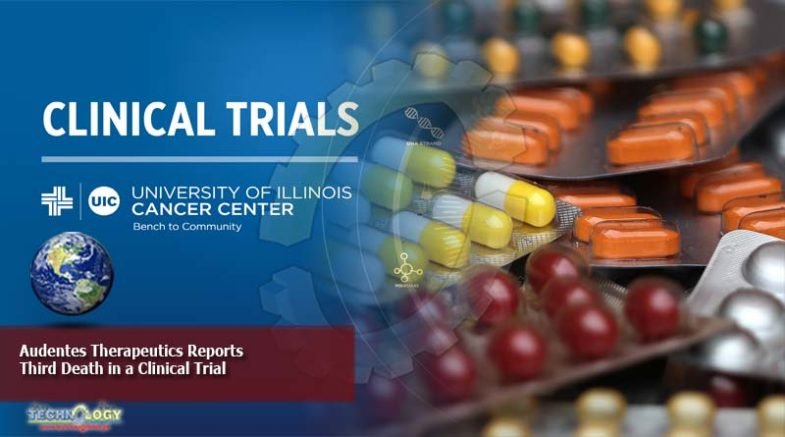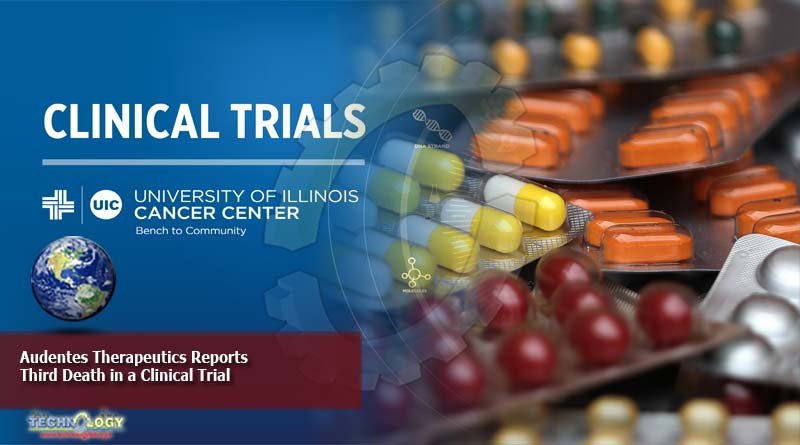Audentes Therapeutics has reported a third death in a clinical trial of its gene therapy against a rare genetic neuromuscular disorder. The Astellas Pharma subsidiary said it “remains committed” to the program despite the rising death rate in the higher-dose cohort of the phase 1/2 clinical trial.

In May, Audentes said an older X-linked myotubular myopathy (XLMTM) patient treated with the high dose of its gene therapy AT132 had died. At that time, Audentes said two other older patients in the high-dose cohort had suffered serious adverse events. Audentes disclosed the death of one of the two other older patients in June.
Now, the third older patient has died. Audentes said a preliminary investigation suggests the patient died of gastrointestinal bleeding. The other two people died of sepsis. All three patients suffered from liver disease after receiving AT132.
Three of the 17 people treated with the higher dose of AT132 have now died. However, with none of the other 14 high-dose patients experiencing similar liver dysfunction to the three people who died, Audentes continues to see a future for AT132. Work to understand why the three patients developed progressive liver dysfunction after receiving AT132 is ongoing.
The three patients who died showed signs of preexisting hepatobiliary disease. That cannot be the sole explanation, though, as more than half of the subjects enrolled to date have shown similar signs of liver disease at baseline.
One difference between the three patients who died and the rest of the cohort is age, with Audentes describing them as “older” than the wider study population. Symptoms of XLMTM can be present from birth, but in other people the disease manifests later in infancy or early childhood.
Audentes has also said the three patients who died were heavier. As AT132 is dosed per kilogram, the heavier people will have received a bigger viral load. Some research suggests systemic administration of high doses of AAV vectors directly damages liver cells and causes inflammation.
The investigation into the deaths will shape the near-term future of the program. Audentes plans to provide further information about the program as it gathers more data and discusses its regulatory status. The FDA previously placed the trial on clinical hold.
Prior to the adverse events, Audentes had planned to file for approval around now. That plan is on hold for now, delaying the date on which Astellas can start recouping some of the $3 billion it paid to buy Audentes. AT132 was the only clinical-phase asset covered by the deal, although Astellas also gained preclinical programs and gene therapy manufacturing capabilities.
Originally published at fiercebiotech
